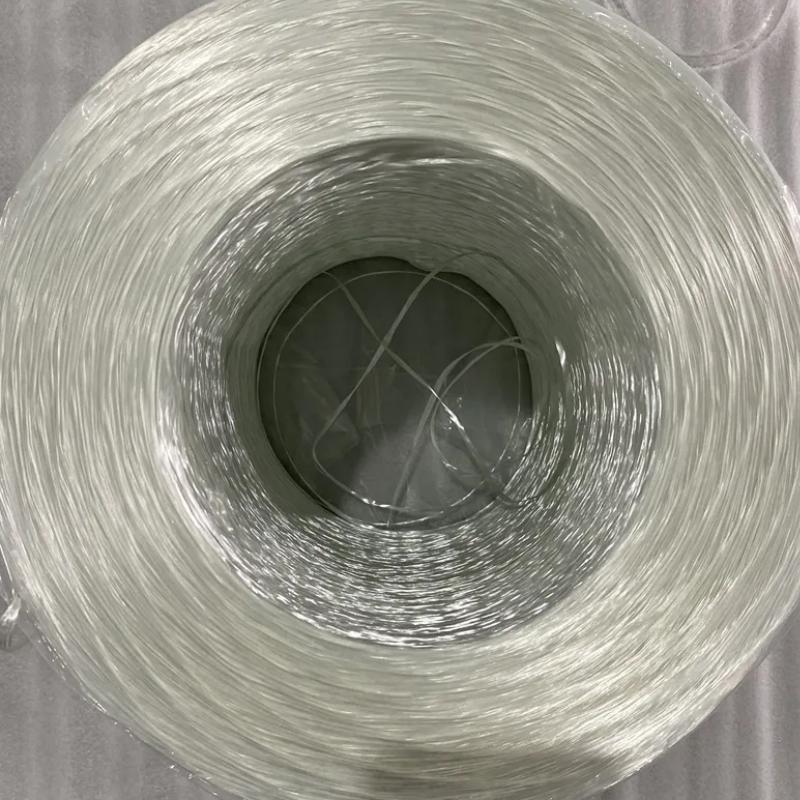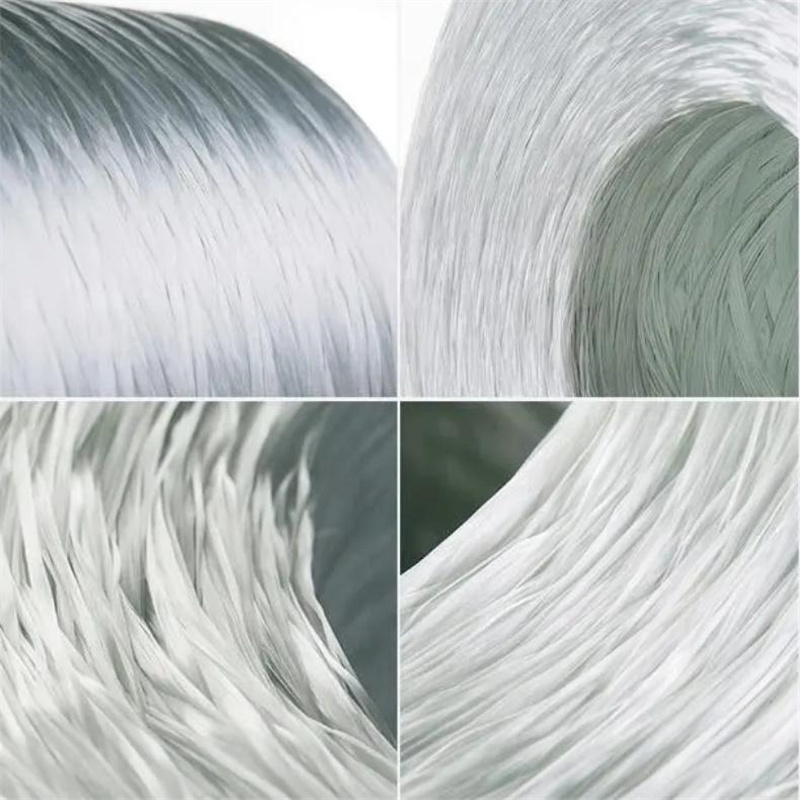ExxonMobil’s Materia Proxima polyolefin thermoset resin systems and glass fiber from NEG-US is used to produce GatorBar, an industry-leading, glass fiber-reinforced composite rebar (GFRP). #infrastructure
Composite rebar being installed. Photo Credit: ExxonMobil Ecr Reinforcement

ExxonMobil subsidiary Materia (Pasadena, Calif., U.S.), NEG-US (Shelby, N.C., U.S.) and GatorBar (Ahmeek, Mich., U.S.) have formed a strategic alliance committed to increasing the market share of composite rebar within the concrete reinforcement sector.
ExxonMobil’s Materia Proxima polyolefin thermoset resin systems, and glass fiber from NEG-US, is used to produce GatorBar, an industry-leading, glass fiber-reinforced composite rebar (GFRP). Data from ASTM tensile strength tests demonstrate that GatorBar is 2-4 times stronger than steel, making it suitable for a broad range of building and construction applications.
GatorBar is also 4-7 times lighter than steel, resulting in significantly improved handling and ease of use characteristics. This creates opportunities for total project savings through reduced labor and decreased shipping costs. GatorBar’s corrosion resistance improves maintenance and longevity of the concrete in which it is used.
The ultra-low viscosity and snap cure of Proxima, paired with the proprietary process technology of GatorBar and the consistency of NEG’s glass fiber and roving, reportedly enables production speeds up to 20 times faster than traditional composite rebar. This process efficiency is said to make GatorBar one of the most economic composite rebars on the market and a cost competitive alternative to most steel rebar.
The proprietary sizing technology of NEG-US glass fiber and the rapid wetout in the Proxima resin systems reportedly enables GatorBar to have composite mechanical properties superior to steel in tensile strength at a substantially lighter weight. NEG also leverages its glass chemistry expertise to target a composition that strengthens GatorBar’s resistance to corrosion.
“As well as expanding our manufacturing capacity recently by more than twofold, this new strategic alliance has been established with partners making the same level of aligned commitment to capitalize on the tremendous potential of the rebar market,” says Erik Kiilunen, CEO of GatorBar. “We look forward to ongoing collaboration with ExxonMobil and NEG-US as we mainstream GatorBar within the building and construction industry.”
Findings from the European Composites Waste & Recycling Market Survey will support the building of composites recycling infrastructure in Europe. The survey is available until Oct. 31, 2023.
The ETA-certified composite rebar was applied to the bridge’s precast elements for a lightweight, longer-lasting bridge that is also more resistant to corrosive elements.
Inspection on the state’s oldest moveable steel truss bridge since its renovation project in 2013 reveals CCG’s prefabricated FRP decking — said to be the largest composite vehicle span in the U.S. — is in optimal condition.

Ecr Roving For Bathroom Ceiling © 2023 Gardner Business Media, Inc. Privacy Policy [Log On]